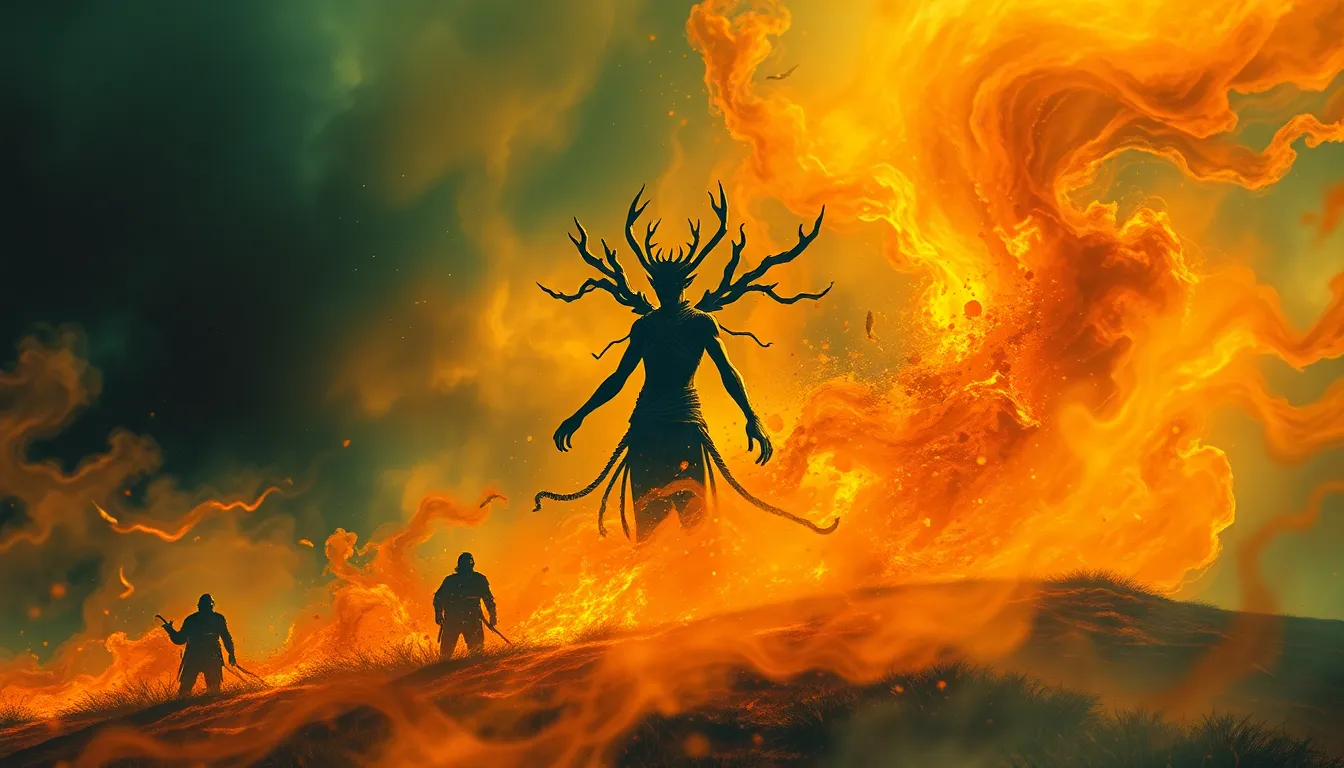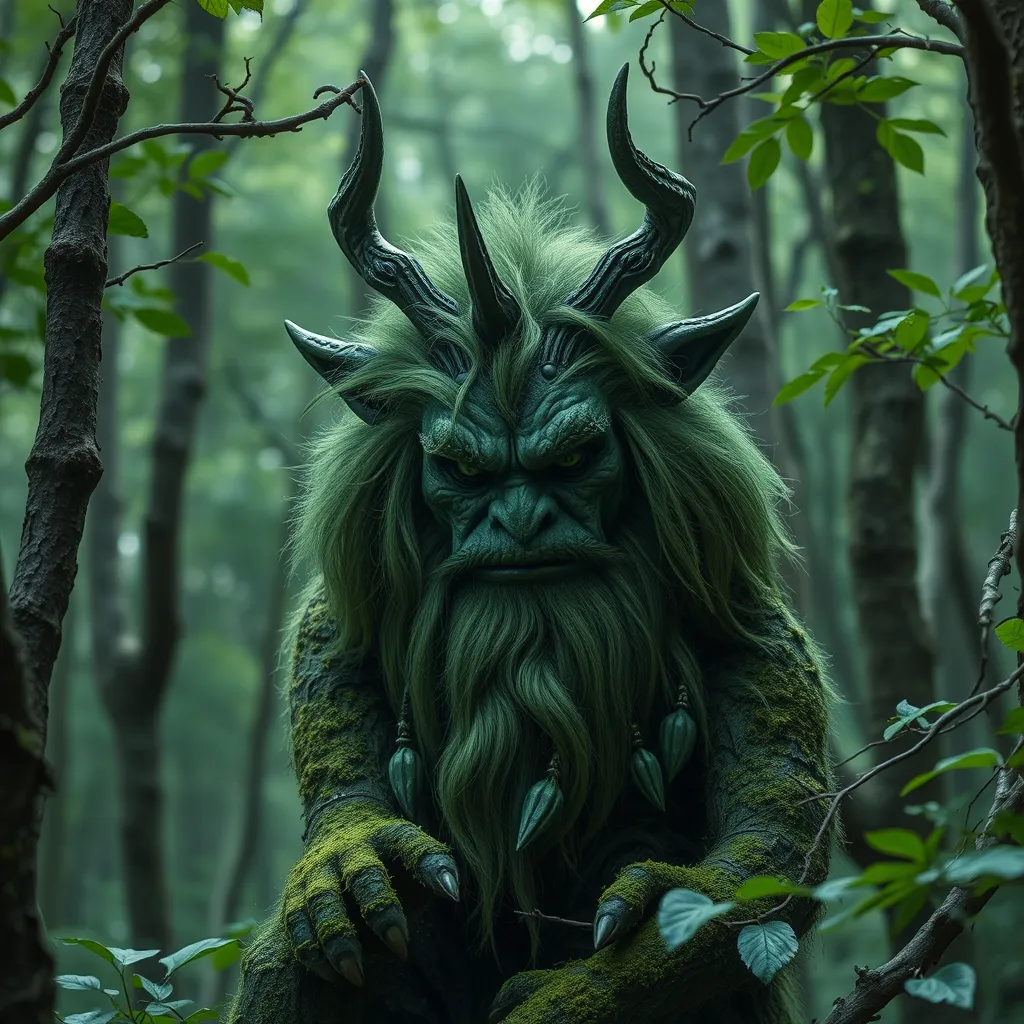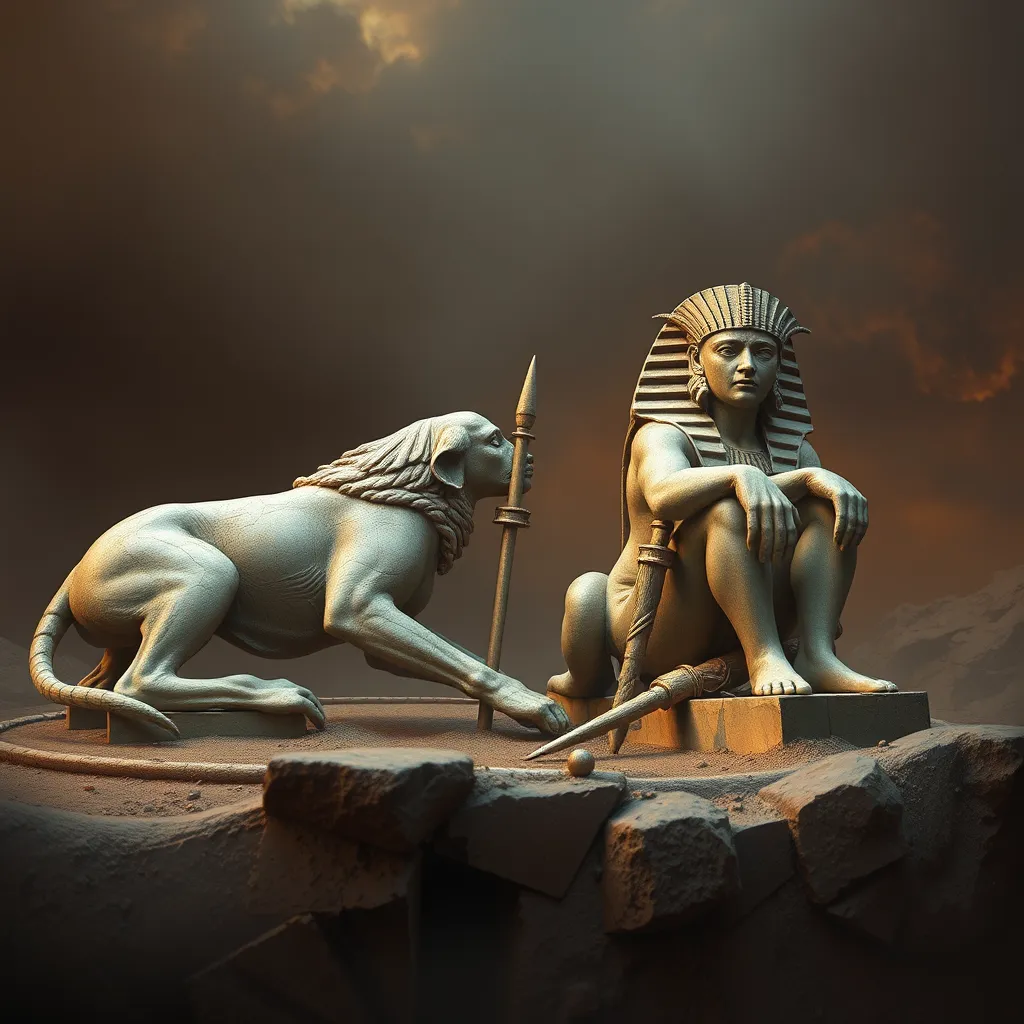The Lore of the Land: Exploring the Spirits of the African Ancestor Spirits
I. Introduction
In many African cultures, ancestor spirits hold a central place within the spiritual and social framework. These spirits are often viewed as the souls of deceased ancestors who continue to influence the lives of the living. The concept of ancestor spirits encompasses a rich tapestry of beliefs, practices, and rituals that serve to connect generations and provide guidance.
Understanding the importance of ancestor spirits is crucial for grasping the broader social and spiritual fabric of African communities. This article aims to explore the lore surrounding ancestor spirits, including their historical context, significance, diverse beliefs and practices, contemporary relevance, and the challenges faced in modern society. By delving into these aspects, we can appreciate the depth and richness of African ancestral traditions.
II. Historical Context of Ancestor Worship in Africa
The origins of ancestor veneration can be traced back to ancient times, with evidence of such practices found in numerous African cultures. Each culture has its own unique interpretation of ancestor worship, but the underlying principle remains consistent: honoring those who came before.
Oral traditions play a vital role in preserving the lore of ancestors, as stories, songs, and proverbs are passed down through generations. These narratives not only keep the memory of ancestors alive but also instill values, wisdom, and a sense of identity in the living.
Key historical events, such as colonization and the transatlantic slave trade, have significantly influenced the practice of ancestor worship. Despite efforts to suppress these traditions, many communities have adapted their ancestral practices to survive and thrive in changing social landscapes.
III. The Significance of Ancestor Spirits
At the core of ancestor worship is the belief in a profound connection between the living and the deceased. Ancestor spirits are seen as protectors and guides who offer wisdom and support to their descendants. This connection fosters a sense of belonging and continuity, reinforcing cultural identity.
Moreover, ancestor spirits play a crucial role in personal and communal identity. They are often invoked during important life events such as births, marriages, and funerals, emphasizing their ongoing presence in the lives of the living.
IV. Diverse Beliefs and Practices Across Africa
The practice of ancestor worship varies significantly across different regions of Africa:
- West Africa: Ancestor worship is deeply rooted, with rituals that involve offerings, prayers, and community gatherings.
- East Africa: Here, ancestor spirits are often associated with land and fertility, with specific ceremonies to honor them.
- Southern Africa: Practices may include consultations with traditional healers, who communicate with ancestors for guidance.
Rituals and ceremonies associated with honoring ancestor spirits often involve:
- Offering food and drinks at altars
- Performing dances and songs that celebrate ancestral heritage
- Holding communal gatherings to share stories and memories of ancestors
Symbols and artifacts used in ancestor veneration include traditional masks, sculptures, and personal belongings of the deceased, which serve to establish a tangible connection to the spiritual realm.
V. The Role of Ancestor Spirits in Contemporary African Society
In modern times, interpretations and practices surrounding ancestor worship have evolved. Many communities are finding ways to adapt these traditions to contemporary life while maintaining their essence. Globalization and urbanization have introduced new dynamics, leading to a blend of traditional and modern beliefs.
Despite these changes, many communities actively work to preserve ancestral traditions. Case studies reveal a variety of approaches, such as:
- Incorporating ancestral practices into modern religious frameworks
- Creating cultural festivals that celebrate ancestral heritage
- Engaging in community education to pass down ancestral knowledge to younger generations
VI. Ancestor Spirits and Spiritual Healing
Ancestor spirits hold significant importance in traditional medicine and healing practices across Africa. Many believe that ancestral guidance can facilitate healing, both physically and spiritually. Traditional healers often invoke ancestor spirits during healing rituals to seek their wisdom and intervention.
Moreover, ancestor spirits play a role in conflict resolution and community cohesion. They are often called upon to mediate disputes and restore harmony within communities. Personal testimonies from individuals highlight transformative experiences of healing through ancestral connections, emphasizing the profound impact of these spirits on personal well-being.
VII. Challenges and Misunderstandings
Despite the rich heritage of ancestor worship, misconceptions abound, particularly in non-African contexts. Many people misunderstand these practices as mere superstition, overlooking their cultural significance and spiritual depth.
The impact of colonialism and missionary activities has also challenged traditional beliefs, often leading to the marginalization of ancestral practices. However, there are ongoing efforts to revitalize and preserve these traditions in the face of modern challenges, including:
- Community initiatives aimed at educating younger generations
- Academic research focused on documenting ancestral practices
- Collaborations between traditional leaders and modern institutions to foster respect for cultural heritage
VIII. Conclusion
In conclusion, ancestor spirits hold immense significance in African cultures, representing a vital link between the past and present. They serve as protectors, guides, and connectors, reinforcing cultural identity and continuity across generations.
As we navigate an increasingly globalized world, the relevance of ancestral connections remains profound. It is essential to appreciate and respect the diversity of African spiritual practices, recognizing their importance in shaping the identities and communities of millions.



